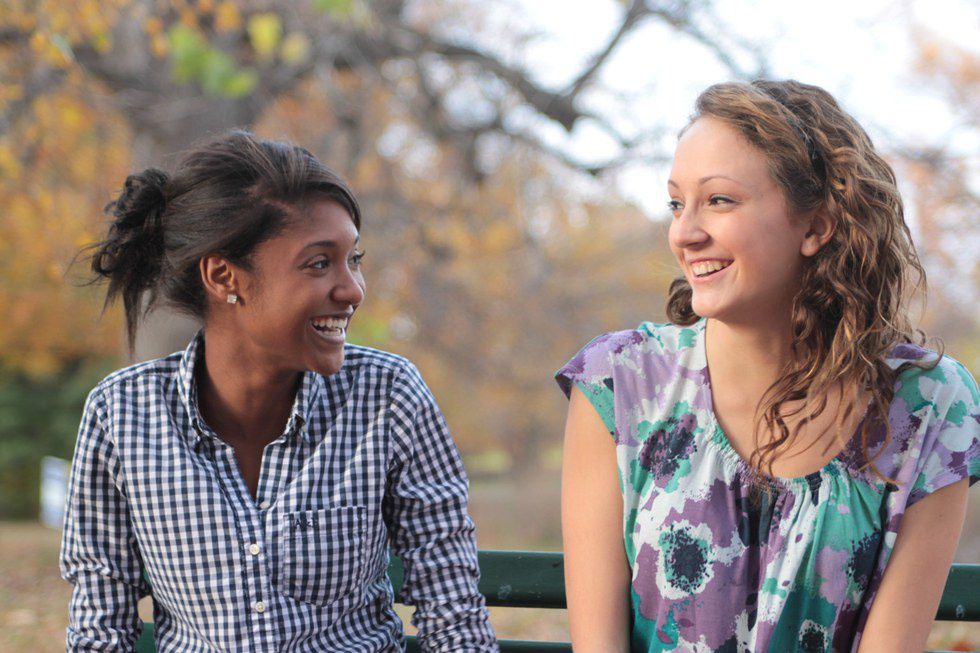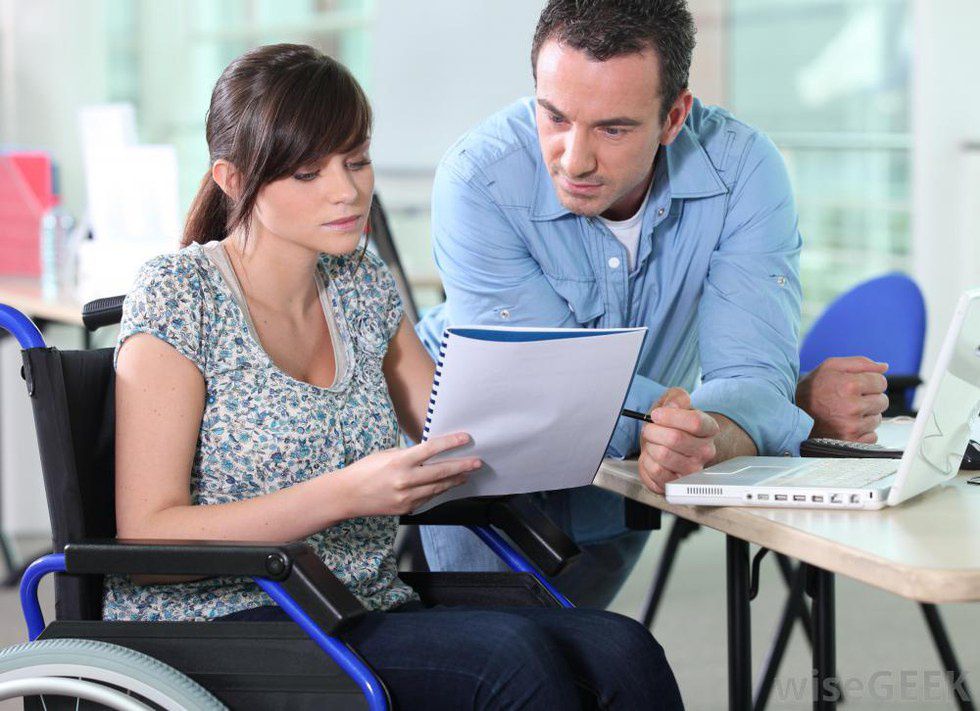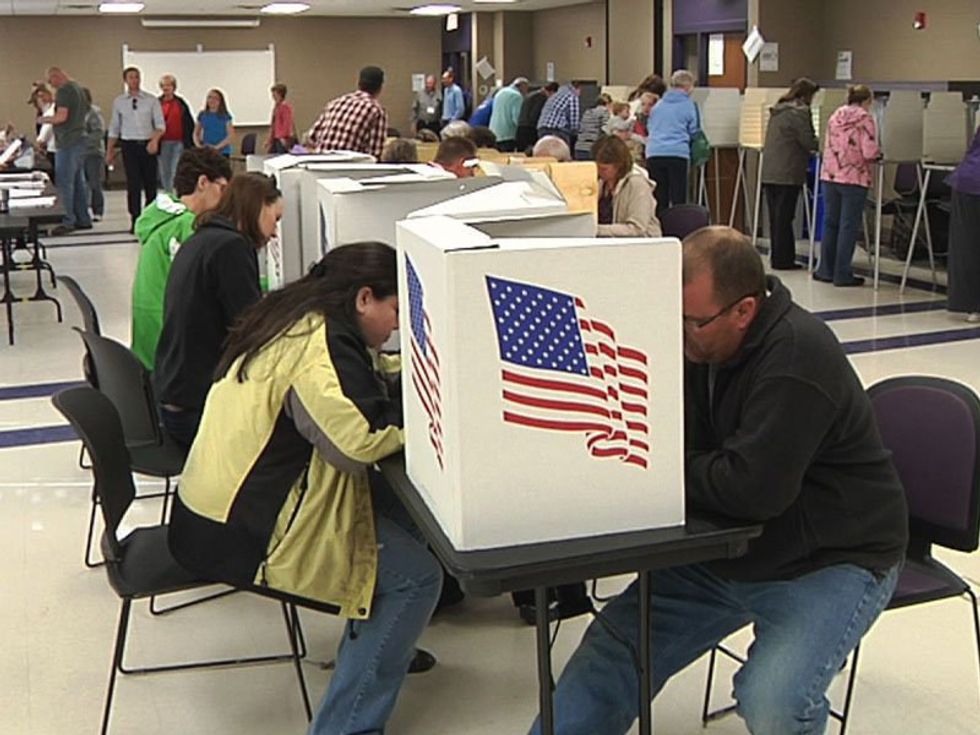With a historic election about to take place, many people are strongly divided in regards to the current candidates. People seem to have no reservations when it comes to discussing politics these days, especially since the media cannot seem to get enough of it. People forget to treat each other with respect, and in the next week there is sure to be huge backlash from large groups of supporters when their candidates do not win. Here are some guidelines for what to say (and what not to say) within the coming days:
1. Do: Discuss the importance of voting.
It is especially crucial during this election that all citizens exercise their right to vote. If people do not want to vote or do not see why they should, you have a responsibility as a citizen to encourage them to exercise that right. As a relatively new country, we need to continue the strong democratic traditions are forefathers fought so hard to earn and maintain.
2. Don't: Tell them who to vote for.
A person can vote for whoever he or she wants, because it is his or her right. No matter how ridiculous their reasons may be for voting for a particular candidate, you cannot tell them that they should vote for someone else. If you feel comfortable and you feel like the conversation would be productive, you can start a dialogue about the presidential candidates while still remaining respectful. Since that may be hard for some to do, especially in such a heated election, I would recommend just not discussing it at all.
3. Do: Remain informed.
As an American citizen, you should also strive to remain informed about the state of our nation and everything going on within it. It is vitally important that people keep up with the political happenings in order to make careful and thoughtful decisions.
4. Don't: Believe everything you hear in the media.
Staying up to date is important, but people need to take the time to sort through all the information they are constantly absorbing from the media. A lot of that information is biased and some of it is not always fact-checked properly. The news just wants a good story, but if you want the WHOLE story, go look up the information yourself. My suggestion? Read BBCNews or listen to NPR news to get an outside perspective on election-related news.
5. Do: Keep track of local elections.
The presidential election is obviously the most important, but there are several states voting on some very key propositions that citizens should take the time to research. Remember, your local government is working just as hard for its citizens, and they should take the time to help make decisions, especially since they are being invited to do so.
6. Don't: Use social media to document your vote.
If you want to, by all means go for it. Just be prepared for your outspoken friends, family members, and coworkers to comment on your activities, either in support or in disagreement. More likely than not, posting about the election will just lead to disagreements, which have been bringing out the worst in people. Your vote is a personal thing, and you have no reason to talk about it on the Internet. Also people tend to get extra rude since they can hide behind a computer screen, and you do not want to experience that.
7. Do: Vote.
This is very important. You need to go out and vote. You have a responsibility to this country, to all the people living in it to exercise your right to vote. Choosing not to vote allows more votes for the candidate (or candidates) you do not particularly care for. Even if you know you will dislike the outcome of the election either way, you can still set an example for the children of this nation by voting and remaining respectful of others' choices--no matter how crazy they may be.




























